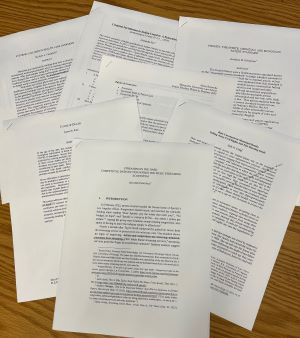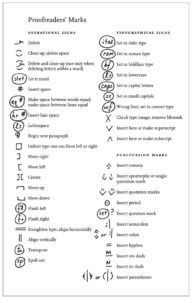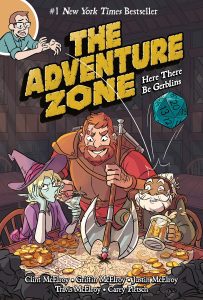Marquette Hosts 2023 Junior Faculty Workshop
Last weekend, it was my privilege to participate in the Law School’s Ninth Annual Junior Faculty Works-in-Progress Conference. I look forward to this event every year, when we invite a group of scholars at the outset of their legal academic careers to present draft papers to each other and to commenters from the Marquette faculty, followed by an hour of nonstop feedback and discussion. The energy of these workshops is illustrated by the fact that in our last couple of sessions, participants were slamming their cards down on the table like Jeopardy contestants to grab a top spot in the comment queue!
This year we had a fabulous group of participants:
- Julie Campbell, Faculty Fellow at the Jaharis Health Law Institute at DePaul University College of Law;
- Jade Craig, Assistant Professor at Nova Southeastern University Shepard Broad College of Law (currently visiting at the University of Mississippi);
- Alexandra Fay, Richard M. Milanovich Fellow at the Native Nations Law and Policy Center at UCLA School of Law;
- Meredith Filak Rose, Senior Policy Counsel at Public Knowledge;
- Jordana Goodman, Assistant Professor at Chicago-Kent College of Law;
- Jason Reinecke, Assistant Professor at Marquette University Law School; and
- Lauren Roth, Assistant Professor at Touro Law Center.
Commenters from Marquette included Prof. Christine Chabot, Prof. Alex Lemann, Prof. Michael O’Hear, and Prof. David Papke. The workshop was organized by Associate Dean Nadelle Grossman, Professor Kali Murray, and myself, with the expert assistance of Stephanie Danz, Jourdain LaFrombois, Ben Manske, and the Facilities student workers.
It is a wonderful opportunity for the law school to bring together such a talented group of legal scholars from a wide variety of backgrounds and fields that ordinarily would not be in close conversation with each other, and to be able to offer constructive feedback at a stage when it could have a meaningful impact. Thanks to everyone for participating!



